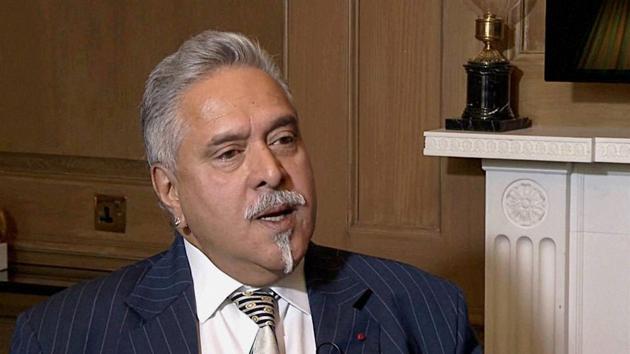Vijay Mallya’s extradition case to be heard in London court today
The next hearing in the extradition case of Indian businessman Vijay Mallya at the Westminster Magistrates Court in London is scheduled for Tuesday.
The next hearing in the extradition case of Indian businessman Vijay Mallya in the Westminster Magistrates Court here is scheduled for Tuesday, when the Crown Prosecution Service (CPS) will argue the matter on behalf of the Indian government.

Mallya, wanted in India for financial offences, was arrested and bailed during a “preliminary hearing” held on April 18 as part of stage five of the seven-stage extradition process. The next stage is the “extradition hearing” on Tuesday.
A team from the Central Bureau of Investigation (CBI) and the Enforcement Directorate was in London recently for talks with CPS lawyers, who were provided necessary documents to substantiate the case for extradition. An India-UK extradition treaty is in force since 1993.
A CPS official told Hindustan Times: “I can confirm that our lawyers met with officials from the CBI to discuss the (Mallya) case.”
Informed sources said more care was being taken in Mallya’s case because earlier extradition requests from India had failed mainly due to poor paperwork and the quality of evidence that did not hold up in British courts.
At Tuesday's extradition hearing, the judge will have to be satisfied that Mallya's conduct “amounts to an extradition offence (dual criminality), none of the bars to extradition apply, where applicable, there is prima facie evidence of guilt (in accusation cases), and whether extradition would breach the person’s human rights”, according to the rules.
The rules add that “if the judge is satisfied that all of the procedural requirements are met, and that none of the statutory bars to extradition apply, he or she must send the case to the Secretary of State for a decision to be taken on whether to order extradition”.
The legal process is likely to be long drawn-out, given several opportunities for appeal. If the courts clear the extradition, it has to be finally ordered by the home secretary.
Such individuals also have the last option of appealing to the European Court of Human Rights (at least until the UK leaves the European Union, likely in 2019).
Extradition is prohibited if “the person could face the death penalty (unless the Secretary of State gets adequate written assurance that the death penalty will not be imposed or, if imposed, will not be carried out)”.
It is also prohibited if “there are no speciality arrangements with the requesting country. “Speciality” requires that the person must be dealt with in the requesting state only for offences for which he or she has been extradited, except in certain limited circumstances.




